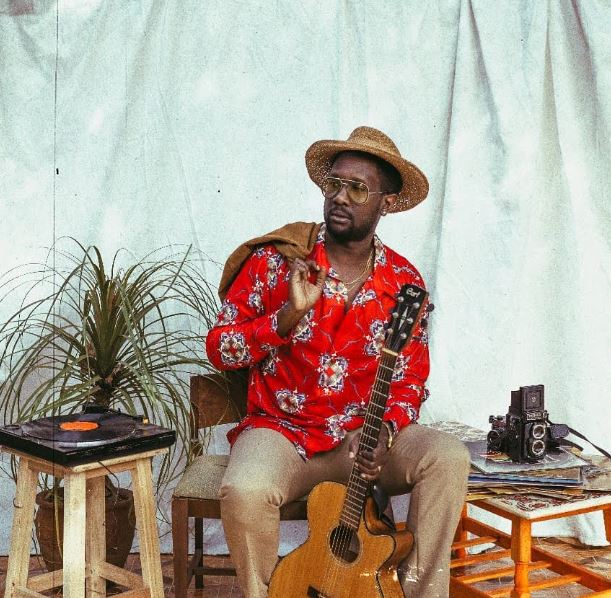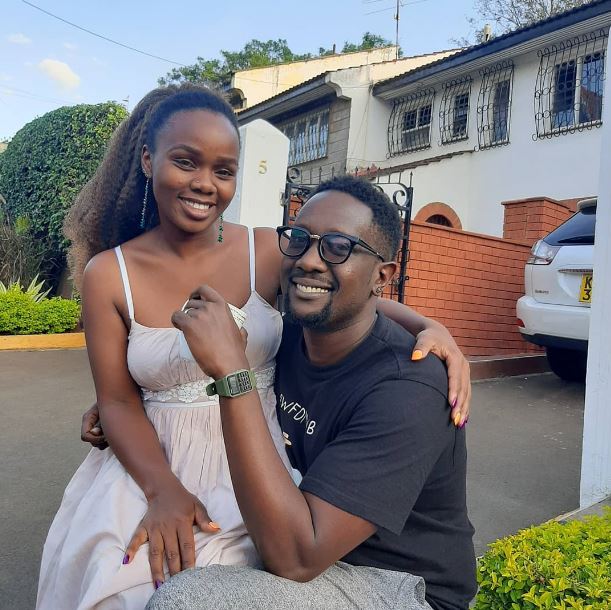Tetu Shani is an alternative folk artist, guitarist, percussionist, and voiceover artiste based in Nairobi, Kenya. He spoke to Spice Magazine about his music and his recently released live album Kikwetu.
How was it like winning the inaugural Empawa Africa competition by pop artiste Mr Eazi?
I won the competition just coming out of the Tinga Tinga tour in October 2019.
I had this sense of confusion about my next move. Of course, making it to the top 100 was super exciting, but quickly deteriorated because Pawa Africa are not the easiest to work with.
I got a video out of it, and I’m grateful as Africa Sun is now one of my biggest songs.
How did the Kikwetu album come to life?
Live at Kikwetu is the live recording of me at the Dunda Livestream performance. It was the second edition of the Journey to 1,000 series of shows.
It was a bit of a spontaneous decision, but also because of the state of Covid-19, I decided instead of writing brand new content why not use some content that already exists.
Everybody is afraid of recording a live album as they are concerned somehow that it won’t be perfect, but people so far have shown love for the album and I would like to believe that part of what people loved about is that it’s raw and authentic.
Are you still on the Road to 1,000, or is it permanently stalled?
I am still on the Road to 1,000; I just have the shift strategy a little bit. One of the things I’m looking at is really diving full time into living room sessions.
Did you always know you could sing?
Firstly, I suck at covers. All I just have is a really unique voice and that means that I perform music that sounds unique and distinct to me. You know, after many gigs as a percussionist, I would unwind by playing the guitar and certain melodies started to come and I began to realise ‘I have this other thing that hasn’t been explored’, which I’ve been developing it since then.
It’s been a challenging period for many creatives due to the coronavirus pandemic. How have you been coping?
I have had to take care of my mental health. I have never had to confront myself the way I do now, or come to terms with so much unresolved issues and maybe things I have been running away from for a long time. So, the biggest challenge has been to stay happy, joyous and wholesome.
You’ve paid homage to a lot of African legends in the new album. Are these recent influences to you or you’ve always been into such?
I realise whenever I perform live, reggae seems to be this invincible thread that weaves its way through a lot of my music.
One thing people don’t know about me is that I love reggae, which springs from my love for similar art forms such as funk and soul that are very percussion driven.
What does your songwriting process entail?
I also see myself as a composer and arranger. Right now, as from the moment I wake up to the moment I sleep, there’s always some kind of melody in my head and I’ll always try to give it a chance.
Then I come back to it and I just try to express what is in my heart and spirit. As long as I’m not forcing it to happen, it eventually makes sense.
How would you describe your brand?
Currently, I am pushing my brand as alternative pop. The ‘troubadour’ is an idea I employ during my solo acoustic acts as how I present myself is different when I am playing with a full band.
What’s life been like as a family man?
It’s been challenging; there are many parts of me that would want to know what it would have been like if I wasn’t married in regards to my career.
But it’s been humbling, grounding and ultimately an interesting learning experience.








